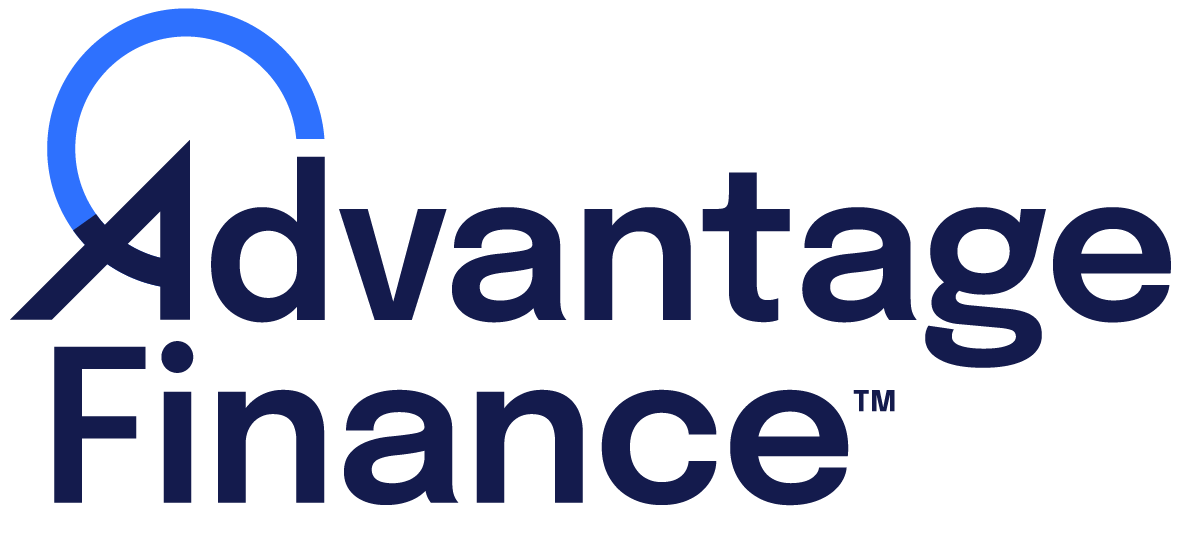The Financial Conduct Authority places on all regulated firms a responsibility to make sure that the firm cannot be used to further financial crime.
The directors of Happy Motor Finance are committed to doing business ethically, with the highest standards of integrity, and to maintaining a culture which reinforces and encourages the approach both directors have and all future employees and business partners.
This policy sets out structure of the systems and controls that Happy Motor Finance will put in place to prevent the involvement of the company or its employees, self-employed advisers or agents in bribery or corruption.
Happy Motor Finance defines bribery as a payment, benefit or other advantage that is offered, promised, given, accepted, or requested, with the intention of encouraging an action that is illegal or a breach of trust.
Happy Motor Finance has a zero tolerance of bribery in all the company's activities including management, employees, introducers, agents or any other associated person.
Responsibility for implementing has been assigned to Matthew Royle.
In line with FCA requirements and the Ministry of Justice Bribery Act guidance. Happy Motor Finance has adopted a risk-based approach to Bribery.
Happy Motor Finance will undertake a qualitative process to assess the nature and extent of the risks relating to bribery to which Happy Motor Finance is exposed, taking into account:
The relationship between Happy Motor Finance and its owners.
Relationships with law enforcement, regulatory bodies, and trade organisations;
Relationships with customers, Happy Motor Finance, and product providers;
Relationships with third party providers of products and services which we use, recommend, or re-sell;
Internal relationships between internal departments.
Happy Motor Finance will document this risk assessment and seek approval on an annual basis from the Matthew Royle at Happy Motor Finance.
Happy Motor Finance will put in place documented controls for employees and departments, including sufficient guidance to implement those controls effectively, to meet the following minimum requirements:
Documented policies for all staff detailing their obligation to report knowledge or suspicions of bribery, including processes for reporting;
Documented policies requiring all departments to assess their bribery and corruption risks and to put in place controls to prevent or mitigate these risks. Such procedures must include provision for Happy Motor Finance to audit those controls;
Documented procedures for receiving, assessing, and dealing with reports of potential bribery, including procedures for notifying the Serious Fraud Office and FCA of any misconduct within the company;
Document procedures for producing appropriate management information;
Documented procedures, applicable to all senior managers and staff, requiring approval of all gifts and hospitality by Matthew Royle subject to appropriate limits set out in the Gifts, Hospitality & Inducements Policy.
Happy Motor Finance will develop and maintain a staff awareness training programme to include:
The company's zero-tolerance approach to bribery;
An overview of anti-bribery legislation;
An overview of Happy Motor Finance key bribery risks;
Examples of how those risks may occur within the business;
Employee's obligations and responsibilities to report suspected bribery; and
Details on how to make such a report.
>Happy Motor Finance will put in place procedures to make sure all new employees receive appropriate training, including all Board Members and staff.
>All employees will receive refresher training every 12 months.
>Any significant changes to policies or responsibilities will be notified to staff by at team meetings.
>Happy Motor Finance will maintain a record of all training provided.
All employees have an obligation to protect the assets of Happy Motor Finance including protecting the business from involvement in bribery or corruption.
This obligation will form part of the job description or contract of every individual employed or contracted to Happy Motor Finance. Any breaches in this obligation may therefore be treated as a breach of contract leading to disciplinary action and where appropriate, dismissal or referral to the regulatory or law enforcement.




